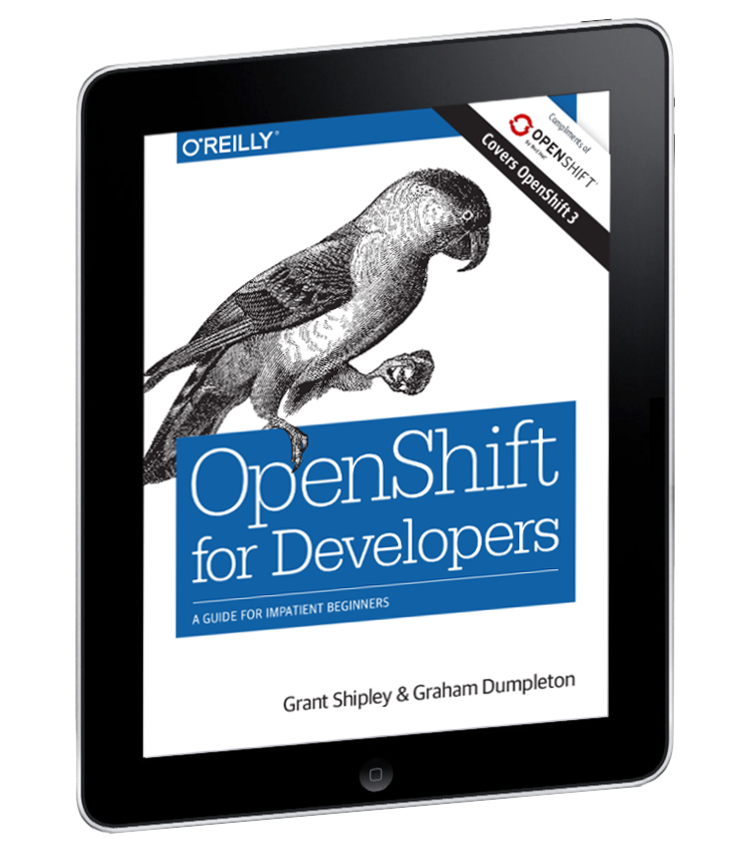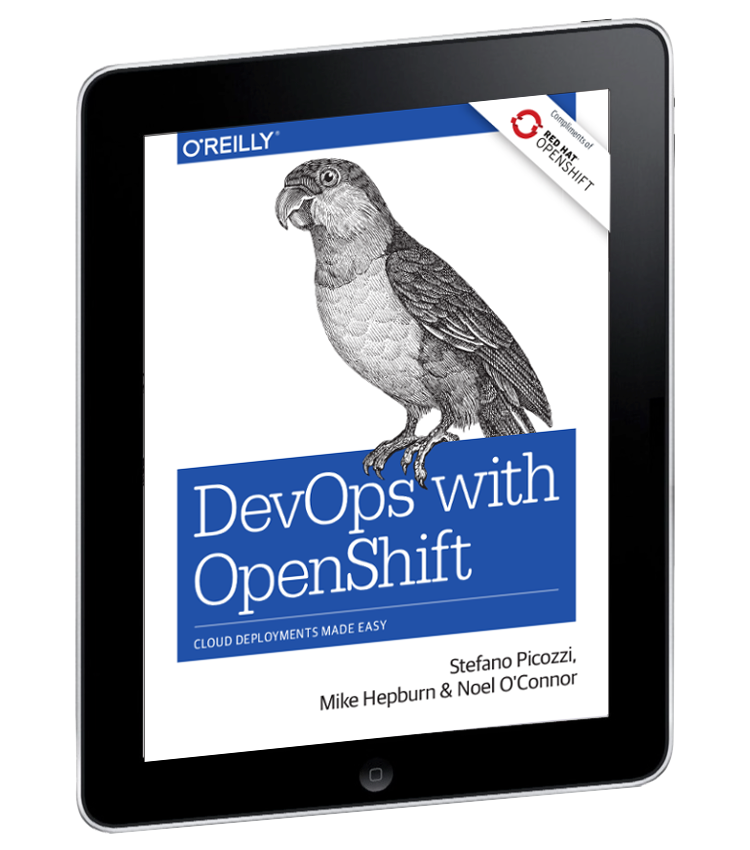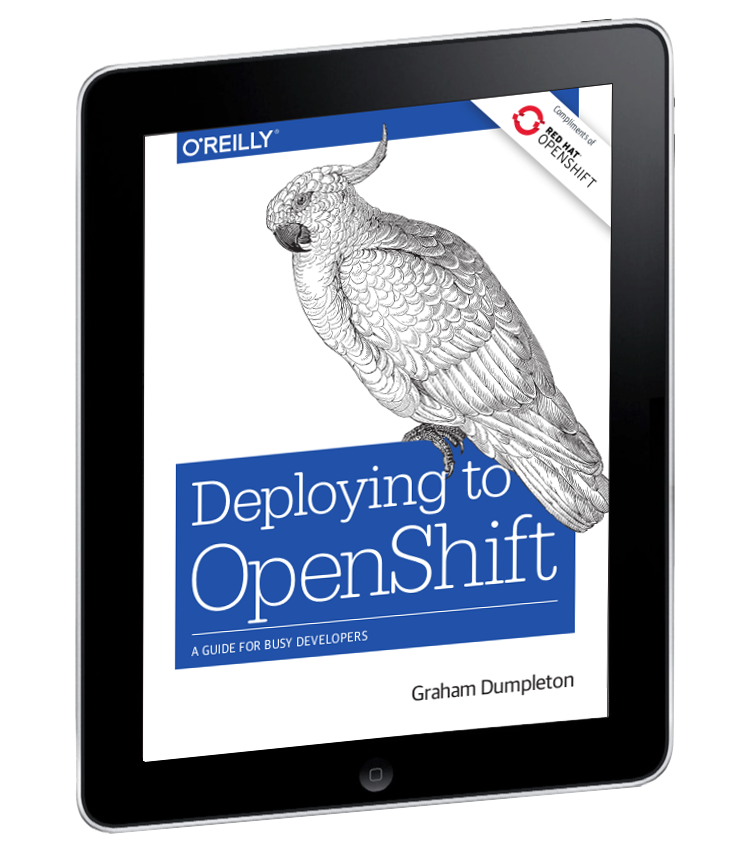Further Resources
The exercices in this workshop have shown you how OpenShift can be used not only for deploying stateless web applications, but also applications which require persistent file system storage.
This flexibility makes OpenShift an ideal platform for deploying both web applications and databases.
If you have finished this workshop early and want to experiment some more, we have additional exercises you can try out using our online interactive learning environment.
-
OpenShift Interactive Learning Portal - An online interactive learning environment where you can run through various scenarios related to using OpenShift.
The online interactive learning environment is always available so you can continue to work on those exercises even after the workshop is over.
Below you will find further resources for learning about OpenShift and running OpenShift on your own computer, as well as details about OpenShift Online or other OpenShift related products and services.
-
OpenShift Documentation - The landing page for OpenShift documentation.
-
OpenShift Resources on developers.redhat.com - A collection of resources for developers who are building and deploying applications on OpenShift.
-
CodeReady Containers - A tool which can be used to install a local OpenShift cluster on your own computer, running in a virtual machine.
-
OpenShift Online - A shared public hosting environment for running your applications using OpenShift.
-
OpenShift Dedicated - A dedicated hosting environment for running your applications, managed and supported for you by Red Hat.
-
OpenShift Container Platform - The Red Hat supported OpenShift product for installation on premise or in hosted cloud environments.
-
OpenShift Commons - A community for users, partners, customers, and contributors to come together to collaborate and work together on OpenShift.
The following free online eBooks are also available for download related to OpenShift.


